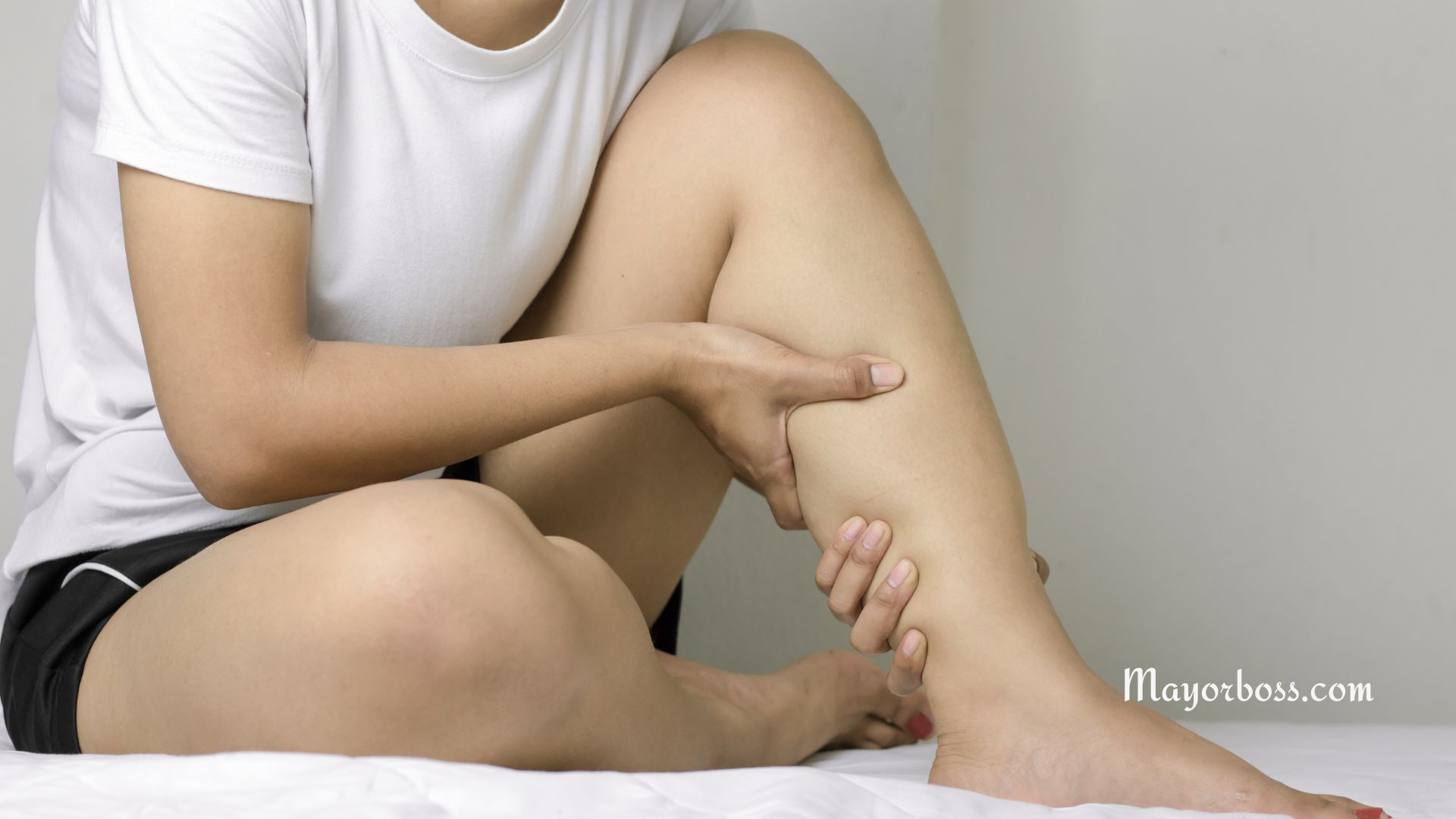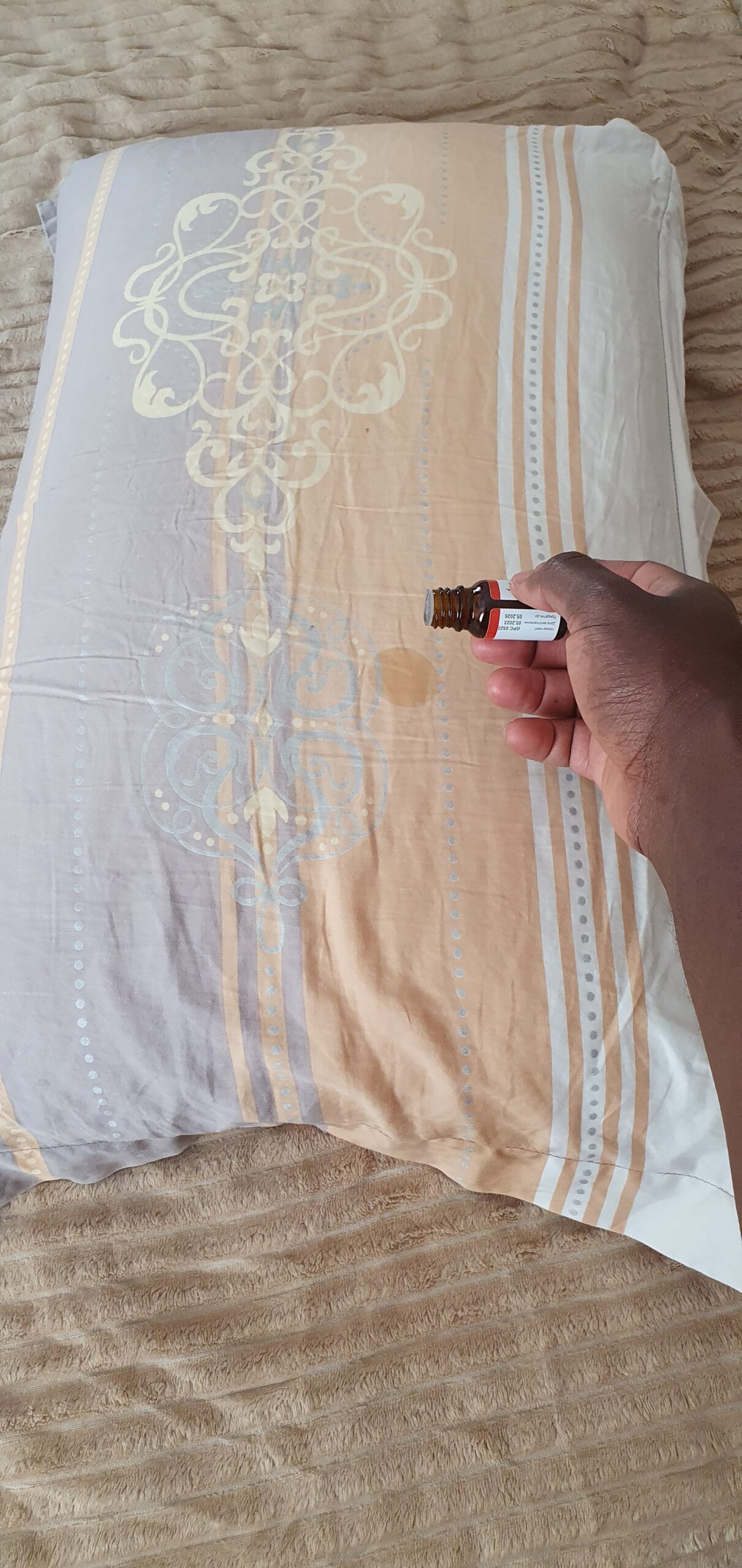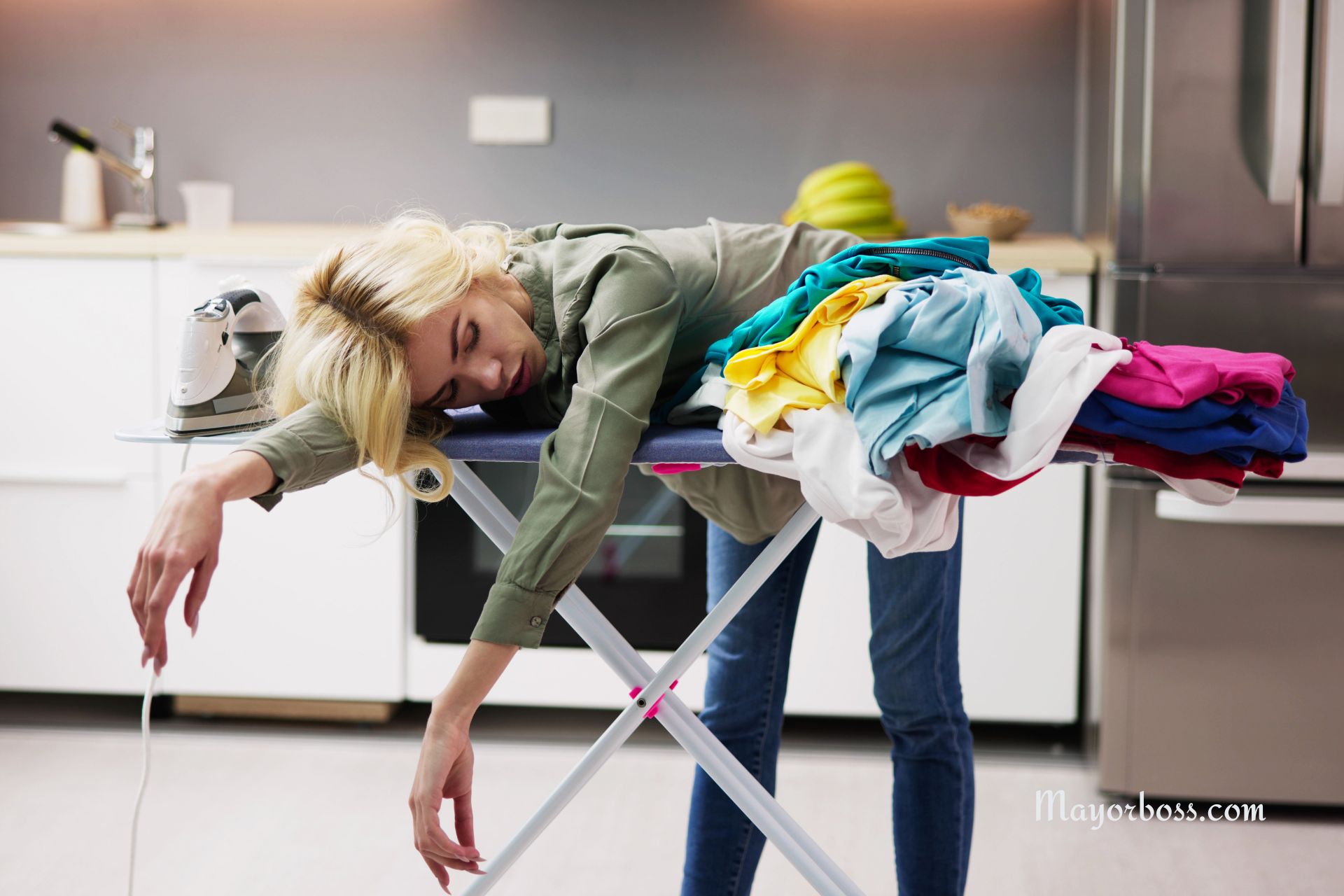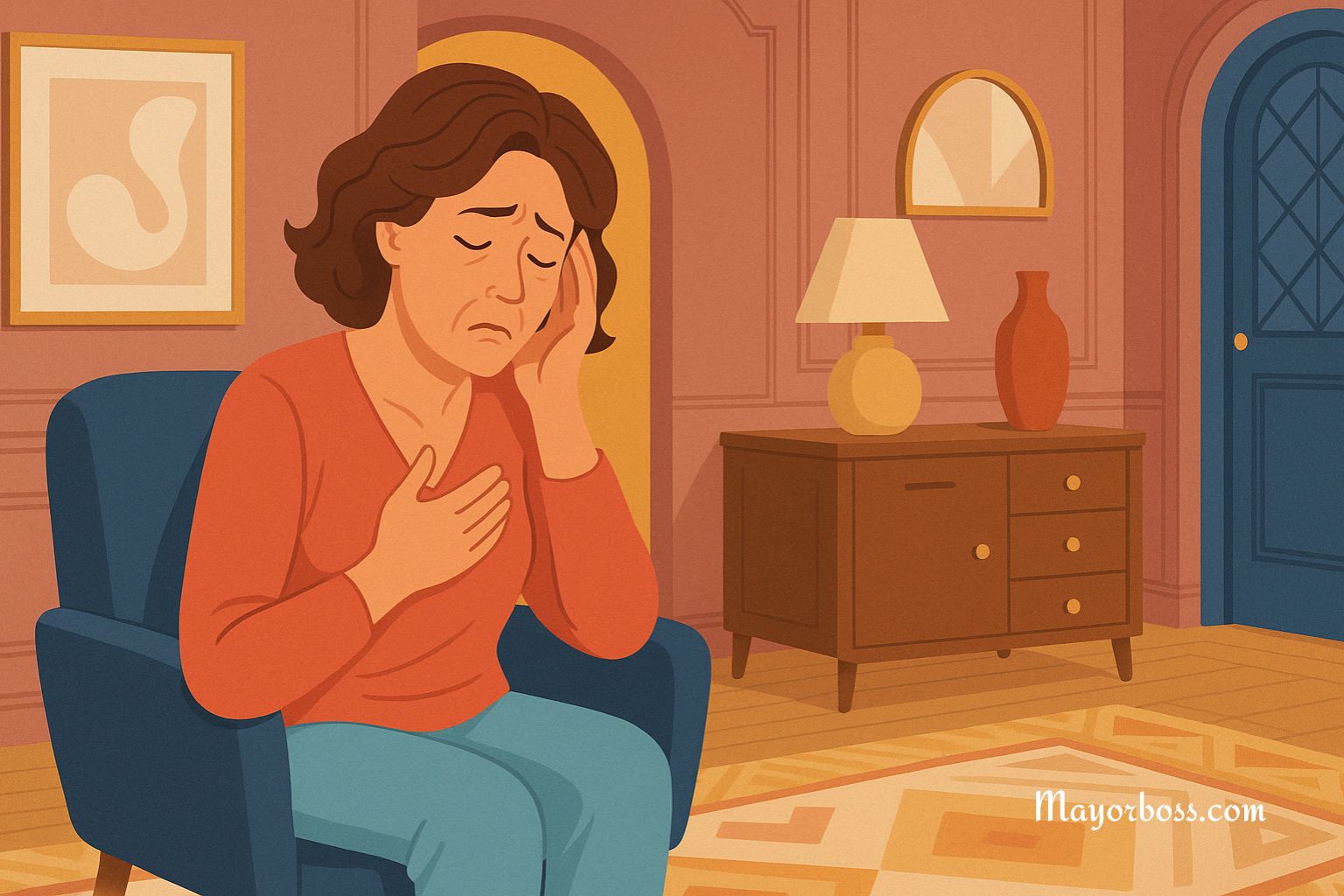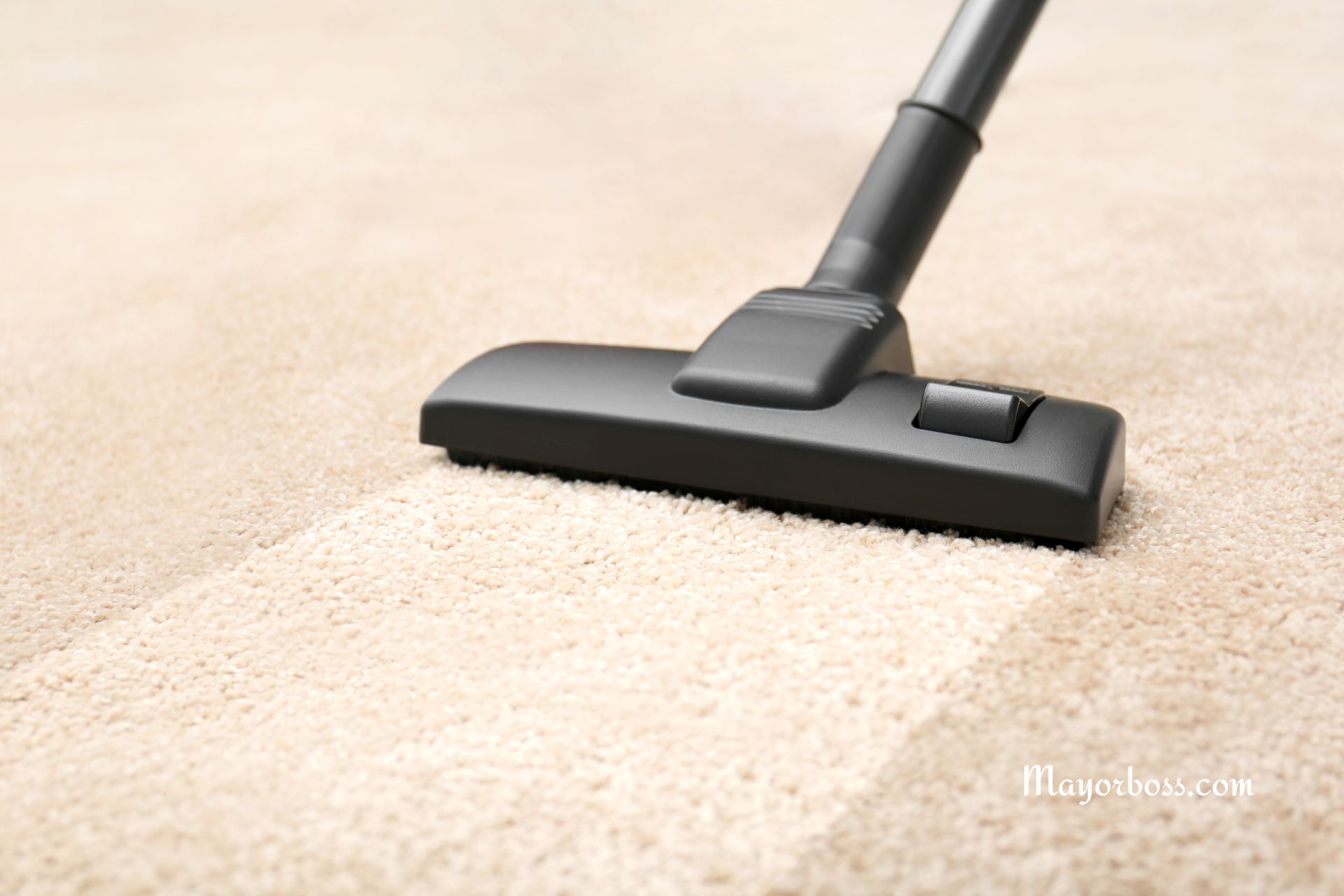3 Habits That Keep You From Getting a Good Night’s Sleep
We all know the importance of a restful night. Sleep gives our bodies and minds time to recharge, leaving us feeling super refreshed and ready to tackle the day. However, bad habits can easily prevent us from getting the sleep quality we desperately need. If you find yourself tossing and turning, feeling groggy in the morning, or struggling to focus, these common sleep-sabotaging habits might be to blame.
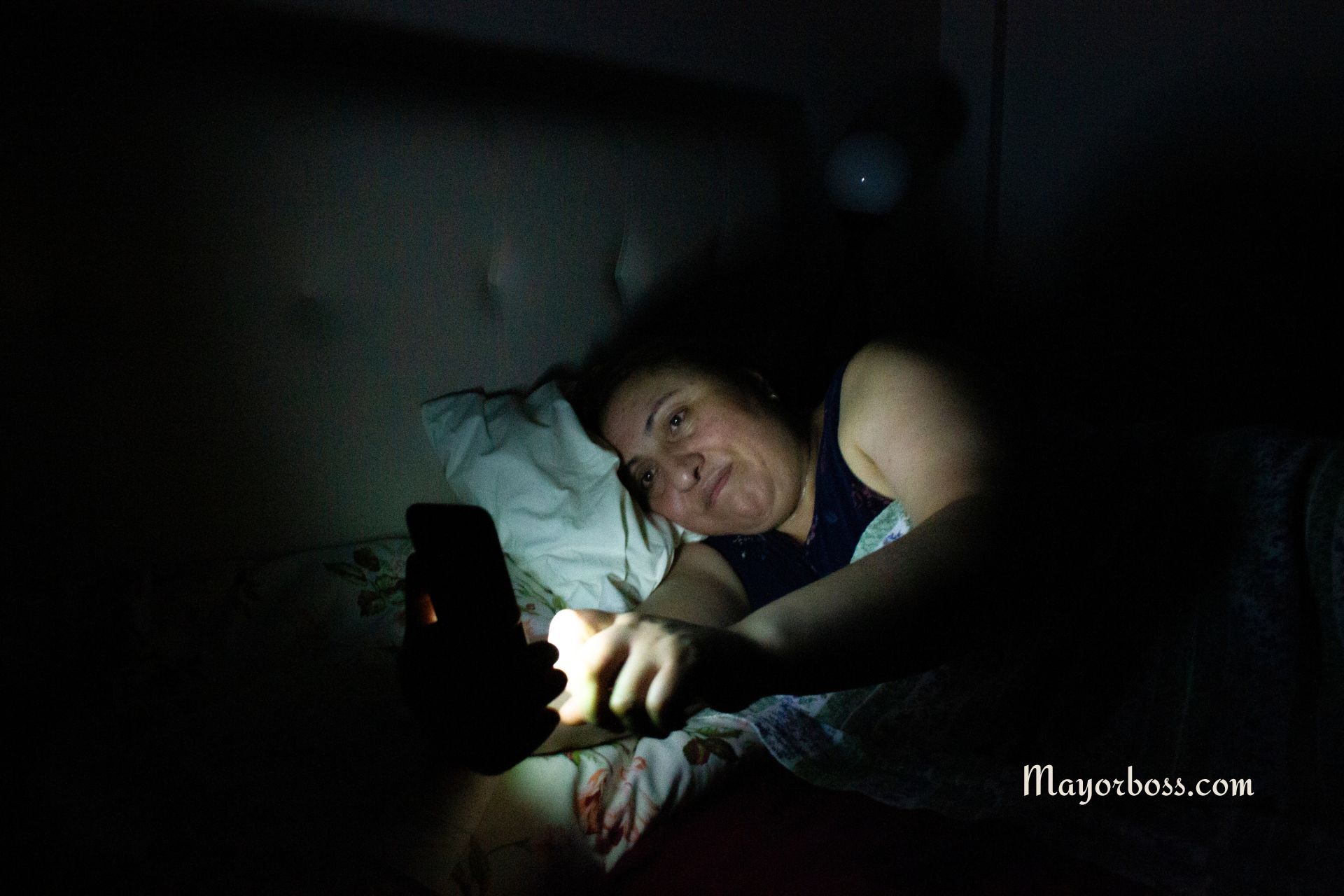
1. Technology Overload
Our ever-present devices – smartphones, tablets, laptops – have become an extension of ourselves. But that constant connection comes at a price, especially when it comes to sleep. Here’s why:
- Blue Light Suppression: The blue light emitted from electronic screens mimics daylight, tricking our brains into thinking it’s time to stay awake. It suppresses the production of melatonin, the hormone that regulates our sleep-wake cycle.
- Mental Stimulation: Scrolling through social media, checking emails, or playing games keeps our minds engaged and alert when we should be winding down for sleep.
- Disrupted Sleep: Even if you manage to fall asleep, the buzz of notifications or the lure of a compelling article can pull you out of your slumber.
How to Break the Tech Habit
- Set a Tech Curfew: Give yourself a digital detox at least one hour before bed. Turn off your devices or use blue-light-filtering apps or settings.
- Designate a Charging Station: Leave your phone and other devices to charge in another room, removing the temptation to check them throughout the night.
- Engage in Relaxing Activities: Replace screen time with calming routines like reading a book, taking a warm bath, or listening to soothing music.
2. Late-Night Snacking and Drinking
What you eat and drink late at night can significantly impact your ability to fall asleep soundly and stay asleep. Here’s the breakdown:
- Digestion Discomfort: Heavy meals or spicy snacks close to bedtime can overload your digestive system, causing heartburn, indigestion, or general discomfort that makes sleep difficult.
- Blood Sugar Spikes: Sugary foods and drinks can lead to quick energy bursts followed by crashes, disrupting sleep patterns.
- Alcohol Disruptions: While alcohol may initially make you drowsy, it interferes with your sleep cycles later in the night, leading to frequent awakenings and poor sleep quality.
- Hydration vs. Bathroom Trips: Drinking too much of any liquid before bed can lead to disruptive nighttime bathroom visits.
How to Manage Nighttime Cravings
- Eat Dinner Earlier: Allow at least 2-3 hours between your last meal and bedtime for proper digestion.
- Choose Wise Snacks: If you must snack, opt for light, easily digestible options like a small bowl of cereal, fruit, or a handful of nuts.
- Limit Caffeine and Alcohol: Avoid caffeine after noon and limit alcoholic beverages several hours before bed.
- Hydrate Strategically: Drink most of your fluids earlier in the day and taper off your intake in the hours leading up to sleep.
3. Irregular Sleep Schedule
Our bodies thrive on routine, and sleep is no exception. An inconsistent sleep schedule disrupts your internal clock – your circadian rhythm – making it harder to fall asleep and wake up feeling rested.
- Weekend Shifts: Sleeping in late and staying up much later on weekends can throw off your weekday rhythm, leading to “social jet lag” and difficulty adjusting come Monday.
- Travel and Time Zone Changes: These create a temporary but significant disruption of your circadian rhythm.
- Inconsistent Bedtime and Wake-Up Times: Going to bed and waking up at random times confuses your body, making it difficult to establish a healthy sleep pattern.
How to Get Back on Schedule
- Gradual Adjustments: If your schedule is significantly off, adjust your bedtime and wake-up time by increments of 15-30 minutes each day until you reach your desired schedule.
- Keep it Consistent: Stick to your chosen bedtime and wake-up time as closely as possible, even on weekends.
- Utilize Light: Natural sunlight in the morning helps regulate your circadian rhythm. Step outside or sit by a window shortly after waking up.
Beyond the Big Three: Other Sleep Disruptors
While technology use, late-night eating, and an irregular schedule are primary culprits, other contributing factors can also sabotage your sleep:
- Stress and Anxiety: Racing thoughts, worries, and stress hormones like cortisol can leave you feeling wired and unable to relax into sleep.
- Bedroom Environment: Your sleep space should be a sanctuary. A too-warm or too-cold room, uncomfortable mattress, noise, or light disturbances can all impact sleep quality.
- Medical Conditions: Underlying health issues like sleep apnea, restless legs syndrome, or chronic pain can drastically interfere with sleep.
Tips for Cultivating Healthy Sleep Habits
- Create a Sleep-Conducive Environment
- Make sure your bedroom is dark, cool, and quiet.
- Invest in a comfortable mattress and pillows.
- Use blackout curtains or an eye mask if needed.
- Consider using a white noise machine to block out distracting sounds.
- Establish a Bedtime Routine
- A relaxing pre-bed routine signals to your body that it’s time to wind down.
- Include calming activities like taking a warm bath, reading, or gentle stretching.
- Manage Stress
- Practice relaxation techniques like deep breathing, meditation, or mindfulness.
- Journal to process thoughts and worries.
- Regular exercise can help reduce overall stress and anxiety (but avoid intense workouts too close to bedtime).
Frequently Asked Questions
1. How much sleep do I really need? The recommended sleep duration for adults is 7-9 hours each night. However, individual needs may vary slightly.
2. What’s the best time to go to bed and wake up? The ideal times depend on your natural chronotype – whether you’re an early bird or a night owl. Aim for a schedule that allows you to get the recommended amount of sleep and wake up feeling rested.
3. What can I do if I can’t seem to fall asleep? If you’ve been lying in bed for more than 20 minutes and can’t fall asleep, get out of bed and do something relaxing in dim light until you feel sleepy. Avoid looking at screens or worrying about the time.

